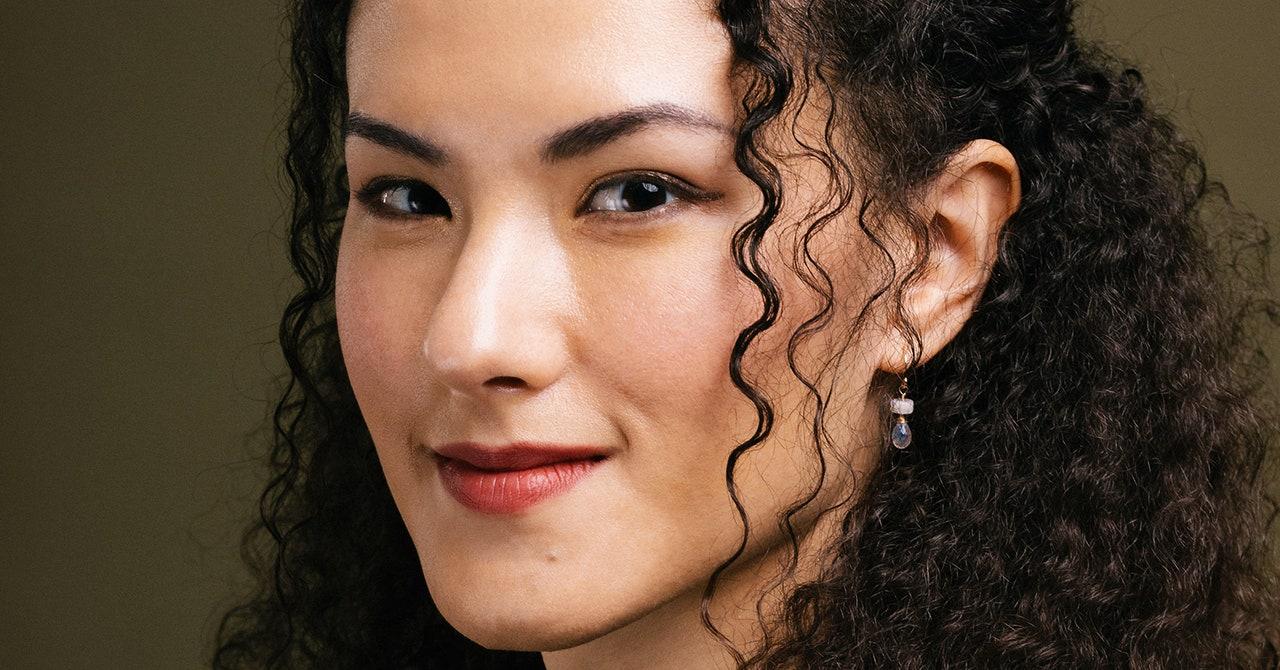Bluesky, the new decentralized social media project initiated by Twitter, recently made headlines with its goal of creating an open and transparent platform that is free from corporate influence. With concerns about the power and manipulation wielded by traditional social media giants, Bluesky’s promise to not ‘screw things up’ has generated substantial attention and speculation in the tech world.
Twitter CEO Jack Dorsey, who is known for his advocacy of decentralized networks, announced the Bluesky project in 2019. The purpose behind Bluesky is to create a system where the rules and algorithms governing the platform are not set by a single entity, but instead by a community-based model. By doing so, Dorsey hopes to foster a more democratic and equitable environment for social media.
One of the primary criticisms of social media today is the centralized control exerted by tech companies, where rules can be arbitrarily changed or biased algorithms can influence what users see on their feeds. This has led to concerns about manipulation, censorship, and the spread of misinformation. Bluesky aims to address these issues by empowering users with more say in the platform’s governance, with the belief that a decentralized network can better serve the interests of the community.
By not ‘screwing things up,’ Bluesky implies that it will not repeat the mistakes made by other social media platforms. The project acknowledges the challenges faced by platforms like Facebook and Twitter regarding privacy breaches, data misuse, and algorithmic bias. Bluesky promises to learn from these failures and build a system that is more accountable, secure, and respects user privacy.
Bluesky has outlined its plan to enable API access, allowing developers to experiment and contribute to the creation of the platform’s underlying infrastructure. The goal is to promote innovation and avoid concentrating power in the hands of a few organizations. This open approach aims to prevent the exploitation and manipulation that has plagued centralized social media platforms.
However, the success of Bluesky’s vision depends on many factors. One challenge will be ensuring inclusivity and avoiding the creation of echo chambers or spaces for hate speech. Striking a balance between fostering diverse opinions and preventing harmful content will require careful moderation efforts that take into account community standards.
Additionally, while Bluesky’s intent is noble, its actual implementation remains to be seen. Building a genuinely decentralized social media platform is a complex task, riddled with technological, social, and logistical challenges. The project must navigate issues such as scalability, funding, and ensuring the platform’s resilience to resist takeover by bad actors.
Nevertheless, Bluesky’s initiative should be applauded, as it signals a growing recognition of the need for more democratic and accountable social media platforms. The project has garnered support not only from Twitter but from a wide range of voices calling for a more inclusive and secure digital public sphere.
Ultimately, Bluesky’s goal is to create a platform that empowers users and respects their freedom of expression, while also addressing the pitfalls of centralized control. While it remains to be seen how successful this ambitious project will be, it takes a step in the right direction by fostering transparency, challenging the status quo, and taking responsibility for the consequences of social media on society. In a time where trust in social media platforms is waning, Bluesky’s promise not to ‘screw things up’ gives hope for a potential future where social media promotes genuine connection, dialogue, and positive societal impact.

